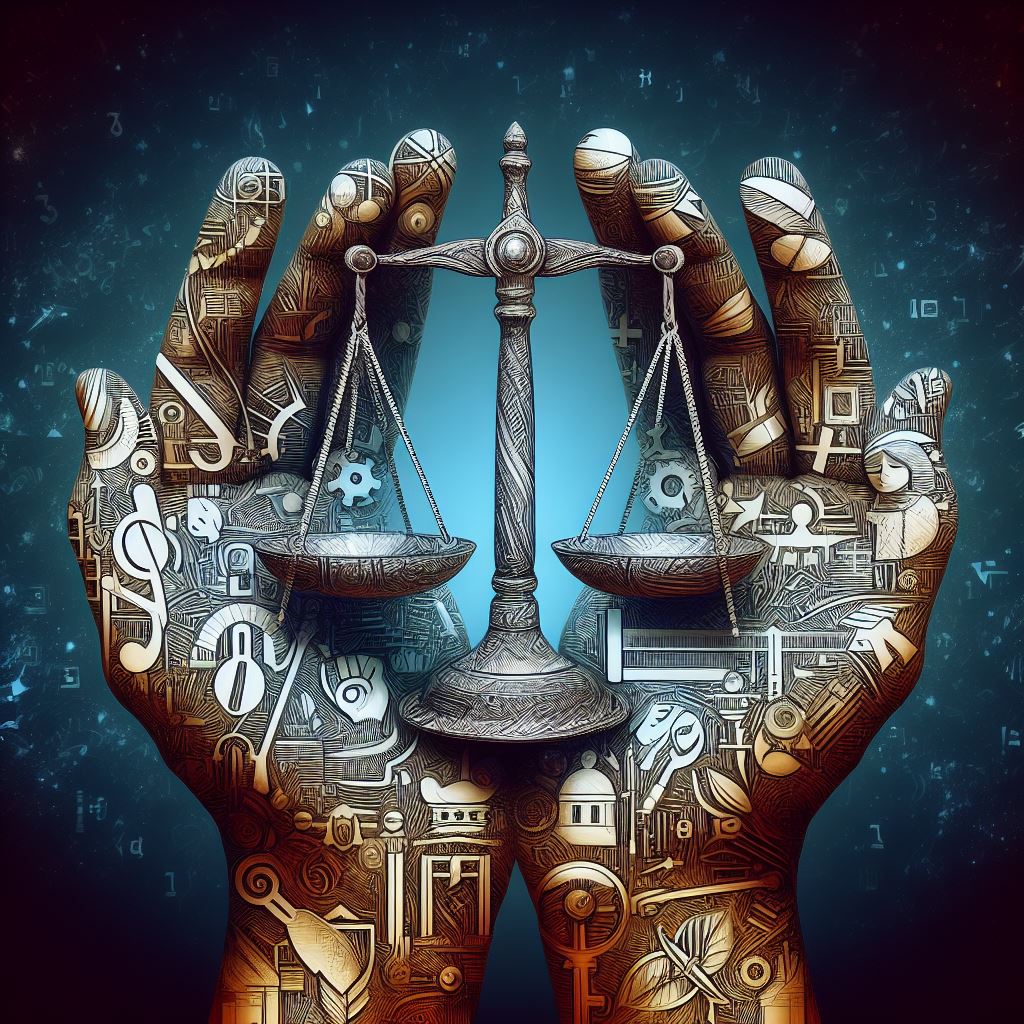Immigration and human rights interact in a complex way that poses serious challenges. It may be difficult to strike a compromise between controlling immigration and defending people’s rights. Strict border policies prioritizing security and limiting migrant entry can violate rights, resulting in family separation, harsh living conditions, and denial of healthcare and education services. Regardless of their immigration status, all people are covered by the international law. Nevertheless, governmental acts may make it more difficult for these rights to be exercised. Many countries prioritize their interests above the civil rights of migrants because they see immigration enforcement as an issue of national security.

Key points to consider
The following is a discussion of some important aspects regarding immigration and civil rights:
Non-discrimination
Non-discrimination lies at the core of human rights principles. It mandates that persons are not subjected to discrimination as a result of their race, nationality, religion, or any other protected trait, in both immigration policies and practices. There should be no discrimination against anybody, regardless of their immigration status. Discriminatory practices may violate fundamental civil rights, exacerbate societal injustices, and compromise fairness and justice principles.
Right to apply for asylum
A basic human right recognized by international law is the ability to apply for asylum. People have the right to seek refuge in another nation if they are fleeing persecution, violence, or grave human rights abuses. Countries should maintain the principle of non-refoulment, fair and effective asylum processes, and admission to legal counsel. The principle of non-refoulment forbids returning refugees to nations where their lives or liberties are in danger. To defend civil liberties and the most defenseless people, the right to apply for asylum must be upheld.
Detention and due process
Detention of immigrants and asylum seekers ought to be a last option and should be kept as brief as feasible. Only when it is necessary, appropriate, and following human rights laws can detention be utilized. It is essential to make sure that prisoners’ fundamental civil rights and dignity are respected while they are being held in custody. This encompasses family harmony, access to legal advice, and admission to healthcare. People should also have access to just and open judicial systems, including the freedom to contest their imprisonment and have their cases adjudicated by impartial, independent authorities.
Family harmony
In the context of immigration and human liberties, the preservation of family unity is a crucial issue. Families may be severed by immigration laws or practices, which can have a detrimental effect on people’s rights and well-being. In all choices impacting children, states should put the best interests of the kid first and emphasize maintaining intact families. This entails creating systems that support family unity, guaranteeing access to family reunion procedures, and preventing unnecessarily drawn-out separations.
Labor rights
Regardless of their immigration status, migrant employees are entitled to the same fundamental labor rights as natives. Fair compensation, secure working conditions, and defense against exploitation are a few of these rights. Countries should pass and implement legislation to stop migrant workers from being used for forced labor and other forms of exploitation. When their liberties are infringed, migrants should have access to legal recourse as well as channels that let them report violations without worrying about reprisal. To prevent exploitation, decrease inequality, and advance social justice, migrant workers’ labor rights must be protected.
Access to essential services
Regardless of their legal situation, migrants should have been admitted to basic services including social assistance, healthcare, and education. Denying access to these services may result in breaches of civil rights and worsen socioeconomic inequality. The right to health is in jeopardy when people lack admission to healthcare and develop diseases that go untreated. Children of migrants who are denied an education may lose their entitlement to an education and have fewer possibilities in the future. Similarly to this, limiting access to social support may exacerbate marginalization and poverty. Inclusionary measures should be adopted by nations to guarantee that immigrants may use these crucial services without facing prejudice.
Social inclusion and fusion
Supporting immigrants’ social participation and integration is essential for protecting their human rights. Integration entails fostering a climate in which immigrants may contribute fully to society, have access to equal rights and opportunities, and have their cultural variety honored. This covers job possibilities, anti-discrimination policies, and language training programs. Countries may lower social tensions, advance social cohesiveness, and build more peaceful and equitable communities by supporting integration and social inclusion.
You may also like these related articles:
